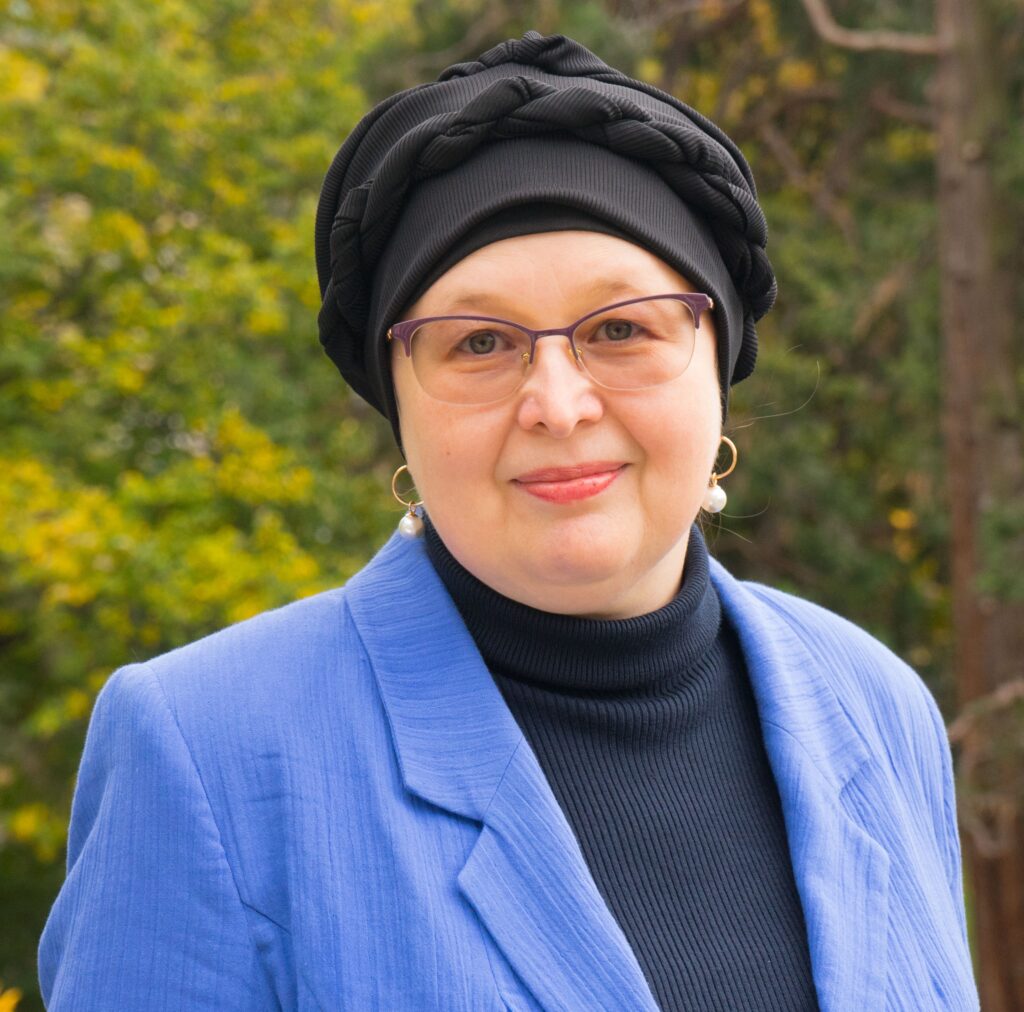Selected Publications
- Elmira Akhmetova (2021). “Said Nursi on Secularism, Religious Rights, Ethics, and Education.” Islam and Civilisational Renewal, 12 (1), pp. 53-72. ISSN 2041-871X. DOI: https://doi.org/10.52282/icr.v12i1.816
- Elmira Akhmetova (2017). “Al-Farabi and Said Nursi on the civilising mission of the prophets.” Intellectual Discourse, 25, pp. 453-475. ISSN 0128-4878.
- Elmira Akhmetova (2019). “Islam and politics in Malaysia since 1957: fluctuation between moderation and radicalisation of the state, society and religion.” Journal of Islamic Thought and Civilization, 9 (2). pp. 1-19. ISSN 2075-0943.
- Elmira Akhmetova (2019). “Dimensions of Muslim unity in Russia, 1905-1917.” The Muslim World, 109 (3: Special Issue: Conceptualising the Ummah), pp. 224-239. ISSN 0027-4909.
- Elmira Akhmetova (2020). Russia 2019. In: Yearbook of Muslims in Europe 2020. Brill, Leiden, pp. 560-576.
FRIAS Project
Tatar Translations and Commentaries of the Qur’an in Imperial Russia
This research sets out to analyse the historical, socio-political and linguistic dimensions of Qur’anic translations and exegeses written by Tatar Muslim minorities living in Imperial Russia from the 19th century until 1917. The research investigates the following primary sources: (1) Imperial Russian archives of Tatar Qur’anic translations and the issues debated therein; specifically from the Russian cities of Kazan, Saint Petersburg, Ufa and Orenburg as well as Istanbul in Turkey; (2) Muslim periodicals published in the Russian and Ottoman Empires, including: Terjuman (Bakhchisaray, 1883-1918), Shura (Orenburg, 1908-1917), Waqt (Orenburg, 1906-1918), Sirat al-Mustaqim (Istanbul, 1908-1911) and Sebil Al-Reshad (Istanbul, 1912-1914/5); (3) Original treatises by Muslim scholars of Imperial Russia who translated the Qur’an or commented on issues relating to the translation Qur’an and its permissibility. It is a novel endeavour that sets out to locate and analyse original works and periodicals for the benefit of an English audience. This will no doubt enrich the existing studies on Qur’anic translation by providing new viewpoints on the vernacularisation of the Qur’an, carried out by specific Muslim communities under Russian imperial rule.
